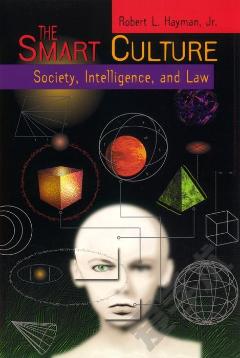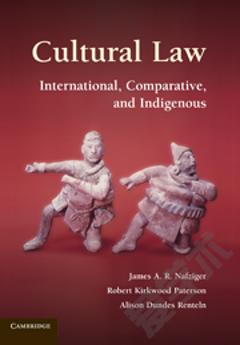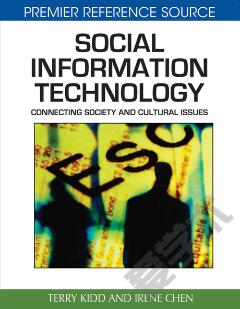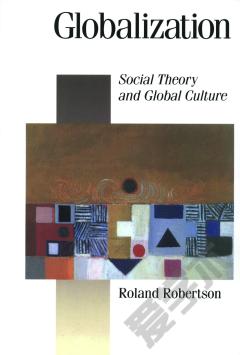The Global Flow of Information: Legal, Social, and Cultural Perspectives
The Internet has been integral to the globalization of a range of goods and production, from intellectual property and scientific research to political discourse and cultural symbols. Yet the ease with which it allows information to flow at a global level presents enormous regulatory challenges. Understanding if, when, and how the law should regulate online, international flows of information requires a firm grasp of past, present, and future patterns of information flow, and their political, economic, social, and cultural consequences.In The Global Flow of Information, specialists from law, economics, public policy, international studies, and other disciplines probe the issues that lie at the intersection of globalization, law, and technology, and pay particular attention to the wider contextual question of Internet regulation in a globalized world. While individual essays examine everything from the pharmaceutical industry to television to information warfare against suspected enemies of the state, all contributors address the fundamental question of whether or not the flow of information across national borders can be controlled, and what role the law should play in regulating global information flows.Ex Machina seriesContributors: Frederick M. Abbott, C. Edwin Baker, Jack M. Balkin, Dan L. Burk, Miguel Angel Centeno, Dorothy E. Denning, James Der Derian, Daniel W. Drezner, Jeremy M. Kaplan, Eddan Katz, Stanley N. Katz, Lawrence Liang, Eli Noam, John G. Palfrey, Jr., Victoria Reyes, and Ramesh Subramanian
{{comment.content}}








 京公网安备 11010802027623号
京公网安备 11010802027623号